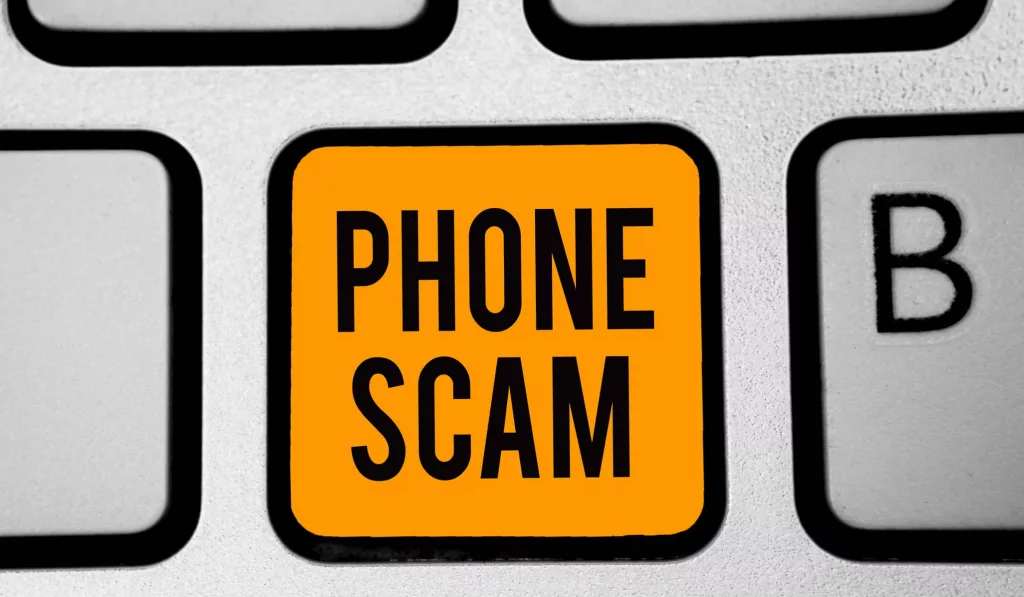Michigan’s Attorney General Dana Nessel announced the Anti-Robocall Multistate Litigation Task Force issued warning letters to eight Voice over Internet Protocol (VoIP) providers that transmit calls across the nation, and appear to continue transmitting suspected illegal robocall traffic on behalf of one or more clients.
Per the warning letters, the targeted VoIP providers do not “appear to have taken sufficient steps … to identify, investigate, and mitigate suspected illegal call traffic that is accepted onto, and transmitted across,” the provider’s network.
Nessel says the warning letters are “intended to serve as additional notification” to the VoIP providers “about the Task Force’s continuing concerns regarding its call traffic, and to caution” the providers they “should cease transmitting any illegal traffic immediately.”
They were issued to the following providers:
All Access Telecom, Inc.,
Lingo Telecom, LLC,
NGL Communications, LLC,
Range, Inc.,
RSCom Business, LLC,
Telcast Network, LLC,
ThinQ Technologies, Inc., and
Telcentris , Inc. dba Voxox.
Attorney General Nessel announced the formation of the Task Force in August 2022. The nationwide, bipartisan Task Force has one goal: to cut down on illegal robocalls.
For any Michigan residents who suspect they may have been the victim of identity theft perpetrated by robocalls or other means, or would like to learn more about how to protect themselves, the Department has guidance for Identity Theft Prevention and Recovery available on its website. The Department has also issued guidance on Michigan’s telemarking laws and the Do Not Call Registry.
According to the National Consumer Law Center and Electronic Privacy Information Center, over 33 million scam robocalls are made to Americans every day. These scam calls include Social Security Administration fraud against seniors, Amazon scams against consumers, and many other scams targeting all consumers, including some of our most vulnerable citizens.
An estimated $29.8 billion dollars was stolen through scam calls in 2021. Most of this scam robocall traffic originates overseas. Since 2019, a substantial reduction in Do Not Call Registry complaints from Michigan residents has been recorded and reported by the Federal Trade Commission.






